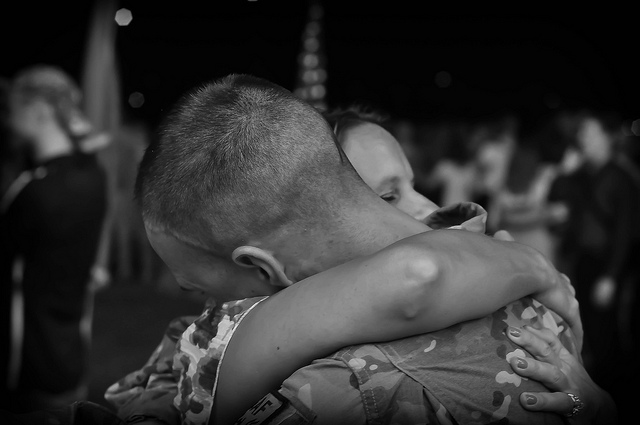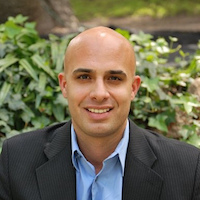Substance use disorders not only affect the individual with the disease and their interpersonal relationships, they can also cause direct, profound and damaging effects on family members and loved ones of those in recovery.
While individuals in recovery can potentially have access to and receive comprehensive treatment and support in a rehabilitation facility, their loved ones often can benefit from help as well.
The insights and coping mechanisms acquired by family members and friends can equip them with the ability to better understand, deal with and implement healthy boundaries with the individual in recovery.
Loved ones can learn to be supportive of the individual in recovery without enabling damaging and self-sabotaging behaviors. Moreover, with a support system in place, loved ones can develop the self-regarding habit of managing their own negative emotions and stress related to living with and/or supporting the individual suffering from addiction.
Loved ones who are seeking support can be mindful of and seek one or more of the following options:”
Look for treatment facilities that offer family guidance.
Some rehabilitation centers will not only treat individuals with a substance use disorder, they will also address family systems in treatment and provide support to the patient’s family.
When looking for a treatment center, family members and loved ones should inquire about their ability to talk to an affiliated therapist and see if any support groups are available for them to attend.
At the very least, the rehabilitation center should provide referrals to counselors and therapists that the family can connect with and engage in individual or family sessions.
Attend a 12-step group.
There are a number of 12-step groups for people who are friends or family of addicts. If the problem is alcohol, loved ones can go to Al-Anon/Alateen, or, if the one in recovery is a parent, Adult Children of Alcoholics, which is abbreviated ACA. If patients are addicted to narcotics, their family members and friends may want to attend Nar-Anon.
For those who have codependence issues with the addicts, they can go to the support group Co-Dependents Anonymous. There’s also Families Anonymous, which is a general group for friends and family members of addicts who are seeking support.
Talk it out with other loved ones.
If an addict has a support group, these friends and family members should talk to one another about what’s going on. They know the specific situation, and will be able to echo each other’s emotions and make one another feel validated. Everyone loves the patient, so they’re coming from the same place and all have the same goal. They can think of ways to comfort one another, and figure out how to get through this difficult time together.
Go to individual therapy.
Family members and friends of addicts may not feel comfortable going to support groups or reaching out to the rehab for help. Instead, they might prefer a more private setting where they can speak freely in a safe space. That’s what individual therapy is for.
Instead of focusing on how they can change the addicts, they can go to therapy and work on how they deal with the addict’s behavior. They can talk about how they can react in any given circumstance, and how they can protect themselves from being hurt or feeling certain negative emotions.
Partake in self-care.
Looking after addicts can be extremely stressful. That’s why individuals should try to get back to their normal routines, and do some self-care in the process. This may entail going for a massage, working out at the gym, doing yoga, learning deep breathing techniques, eating healthy meals, taking off from work, having alone time and resting.
If loved ones of addicts are adequately looked after, they’ll be able to effectively care for their friends and family members in recovery. Before they can help anyone else, they must be able to help themselves.
Getting the necessary support.
Friends and family members of addicts may feel like they can do it all. But at some point, they’re going to need to stop and take care of themselves. By going to groups and individual therapy, talking amongst one another and practicing self-care, they can get the support they need in these trying times.
~
Author: Rod Amiri
Image: Flickr/Jeff Hudgins/Alabama
Editor: Travis May







Read 0 comments and reply